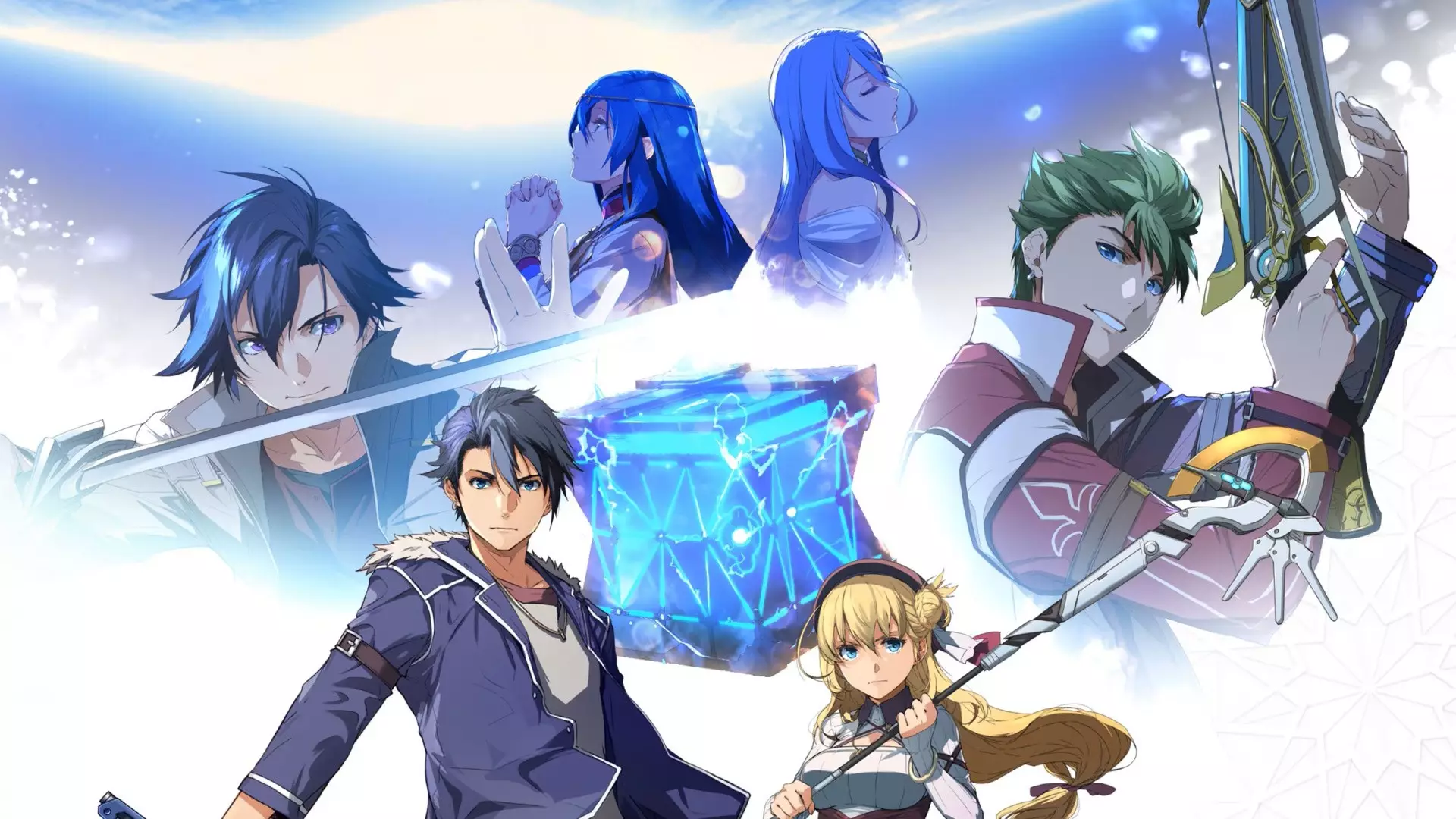The announcement of Trails Beyond the Horizon’s impending release on Nintendo Switch 2 marks an optimistic milestone for fans of the renowned JRPG series. Given the significant hardware upgrade, many anticipated a more seamless experience, bolstered by the console’s enhanced processing power. However, the industry’s shift toward alternative distribution models, particularly the rise of Game-Key Card releases, raises critical questions about the integrity of physical gaming and the implications for consumers. While innovation is essential, it should not come at the expense of consumer rights and satisfaction. The decision by NIS America to opt for a Game-Key Card format, despite the additional cost and perceived compromises, suggests that the industry is prioritizing expediency and cost-saving measures over preserving traditional physical ownership.
In the broader scope of gaming history, physical media has functioned as more than just a purchase; it’s a symbol of permanence and tangible value. Gamers often cherish their collections, viewing physical copies as artifacts reflecting their gaming journeys. The pivot toward digital and card-based solutions signifies a troubling erosion of this culture. The shift isn’t merely technical but philosophical, denoting a potential devaluation of the physical medium itself. As developers and publishers increasingly favor digital proxies over full physical copies, questions must be raised about what is lost in translation. Are we embracing convenience, or are we sacrificing enduring value for fleeting clarity?
The Cost of Innovation: Are Consumers Getting Shortchanged?
One of the most contentious aspects of the Switch 2 release centers on pricing disparities. The special edition of the Trails game’s Switch 2 version is priced $10 higher than its PS5 counterpart, even though the latter offers a full physical disc while the former relies solely on a Game-Key Card. From a consumer’s perspective, paying a premium for a less tangible product seems unjust, particularly when the physical version on Switch 1 remains available, but with unclear options for upgrade or data transfer.
This raises a crucial debate about value and consumer rights. Are players being incentivized to buy into a potentially inferior or less comprehensive package for the sake of avoiding the inconvenience of physical media? These pricing strategies begin to depict a questionable trend where the cost isn’t necessarily reflective of the product’s intrinsic worth but rather the publisher’s strategic positioning. The industry’s willingness to leverage user impatience and attachment to physical copies for short-term gains suggests a disregard for long-term consumer satisfaction. It’s essential to scrutinize whether this move truly benefits players or simply trims costs at their expense.
The Cultural Divide and Industry Response
While the West receives a version of Trails Beyond the Horizon limited to the Game-Key Card format, the Japanese market remains uncertain. This divergence underscores the cultural and regional discrepancies shaping the future of game distribution. In Japan, the preference for extensive physical collections and backward compatibility remains strong, often contrasting with Western trends that lean increasingly towards digital, downloadable content.
Industry giants like Marvelous and CD Projekt Red continue to favor full physical releases, signaling a recognition of the importance of tangible ownership. Conversely, the proliferation of Game-Key Card releases, especially on Switch 2 for titles like Yakuza 0 or upcoming major releases like the Dragon Quest HD remake, represents a willingness to adapt to new distribution models—though not without controversy. This divergence might foreshadow a broader fragmentation of the gaming experience based on regional preferences, but it also hints at underlying industry tensions regarding consumer rights, platform policies, and the perceived importance of physical ownership.
Critically, the industry’s urgency to adopt new formats cannot overshadow the fundamental needs of gamers who value traditional physical media. The absence of clear upgrade paths or data transfer options further complicates matters, risking alienation among dedicated players who want seamless transitions between console generations. As the industry continues to pivot toward these alternative models, it becomes crucial for publishers to balance innovation with respect for consumer expectations, ensuring that technological advancements do not diminish the core joys of gaming.
The move toward Game-Key Cards and limited physical releases on newer consoles signifies a pivotal moment in gaming history. It challenges longstanding notions of ownership, value, and authenticity. While embracing innovation is necessary, it must be aligned with a commitment to respecting the gamer’s connection to physical media and ensuring fair, transparent practices. Only then can the industry cultivate a future where technological progress enhances, rather than erodes, the cultural fabric of gaming.

